Introduction of the ebook: The House of Doctor Dee
Đánh giá : 3.37 /5 (sao)
This novel centres on the famous 16th-century alchemist and astrologer John Dee. Reputedly a black magician, he was imprisoned by Queen Mary for allegedly attempting to kill her through sorcery. When Matthew Palmer inherits an old house in Clerkenwell, he feels that he has become part of its past.
Review ebook The House of Doctor Dee
I’ll begin with a recommendation and warning: after reading the majority of this book in an evening, I had extremely vivid and unsettling dreams that were clearly inspired by it. There is very little fiction that genuinely manages to capture the feeling of dreaming, so this is a rare example to list with The Unconsoled and practically everything written by Mervyn Peake. The narrative is split between Doctor Dee’s life in the 16th century and that of a man named Matthew who inherits Dee’s London I’ll begin with a recommendation and warning: after reading the majority of this book in an evening, I had extremely vivid and unsettling dreams that were clearly inspired by it. There is very little fiction that genuinely manages to capture the feeling of dreaming, so this is a rare example to list with The Unconsoled and practically everything written by Mervyn Peake. The narrative is split between Doctor Dee’s life in the 16th century and that of a man named Matthew who inherits Dee’s London house in the 1990s. Their worlds overlap in a peculiar, ghostly fashion. I found the style distinctive and atmospheric. It almost endeared London to me, despite my dislike of the place. Ackroyd depicts London as a city wreathed in history and mystery, rather than one homogenised by global capital. Although it was published 25 years ago, this still seems very apposite:
I walked more quickly here, since in the porches and doorways along the street lay the army of the night. I was afraid of them, these men and women huddled in filthy blankets, but it is not simply the vagrant or the homeless who disturb me. I know very well that I turn away from any kind of human extremity. I turn away from suffering. Now as I crossed the street and glanced towards two piles of clothes stirring uneasily in the night air, I was afraid of dirt, and of disease, but I suppose that I was most afraid of being attacked. What had they got to lose? If I were like them, I would scream against the world and burn the city. I would want to destroy everything, and everyone, that had conspired against me. I would pillage the shops that denied me entrance, and break up the restaurants which denied me food. I would even rage against the street-lamps that displayed me to the enemy. Yes, as I walked by, none of them asked me for anything, or spoke, or looked at me; I might have been part of some other world. Were they truly resigned, patient, uncomplaining – or were they waiting for something, like the Moravians who met in the Seven Stars?
No, there was this difference. The city had grown immeasurably larger and, as it expanded in every direction, its inhabitants had become more passive and docile; these people who slept upon its streets were true and faithful citizens, but vast London had by some alchemy drained away their spirit. I looked down Tottenham Court Road and, not for the first time, noticed the silence and over-brightness of the city at night. Two centuries ago these streets would have been darker, more malodorous, more treacherous, and they would have been filled with cries, and screams, and laughter. But now as I stood with the homeless around me, all I could hear was the vague hum of neon street lamps and the gusting of the wind around Centre Point. Why was it that, in a place such as this, all the natural sounds seemed fabricated and unreal, while the artificial noise seemed most natural? This city was too bright because it was celebrating its own triumph. It had grown steadily larger by encroaching upon, and subduing, the energy of its inhabitants.
‘The House of Doctor Dee’ is not a plot-led novel and meanders around ambiguously without leading to any cathartic conclusion. In that respect, it is rather like Picnic at Hanging Rock. I found it entirely engrossing and highly evocative. The 16th century chapters present the past in vivid, sensual detail. Dee is a fascinatingly flawed character, while Matthew remains enigmatic. This a novel that conjures dreams, visions, and phantasms, so it isn’t really surprising that they infected my sleep. The reading experience reminded me somewhat of Imagica by Clive Barker, one of my favourite works of fantasy. As a depiction of magic ‘The House of Doctor Dee’ is much briefer and vaguer, yet has a similar texture and atmosphere that will make it hard to forget. …more


 Đang tải dữ liệu
Đang tải dữ liệu



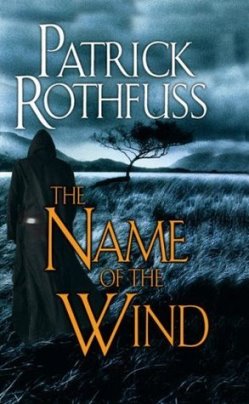






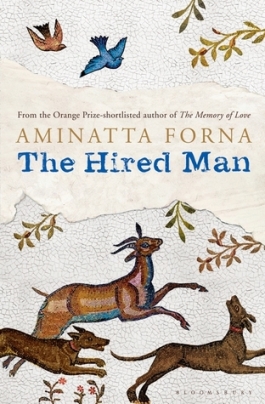
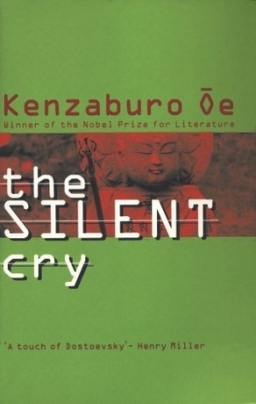


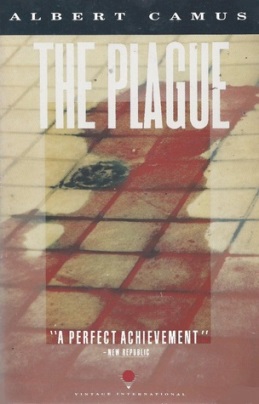
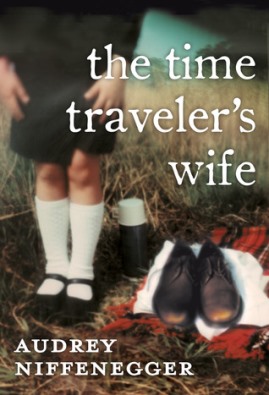

Chia sẻ ý kiến của bạn